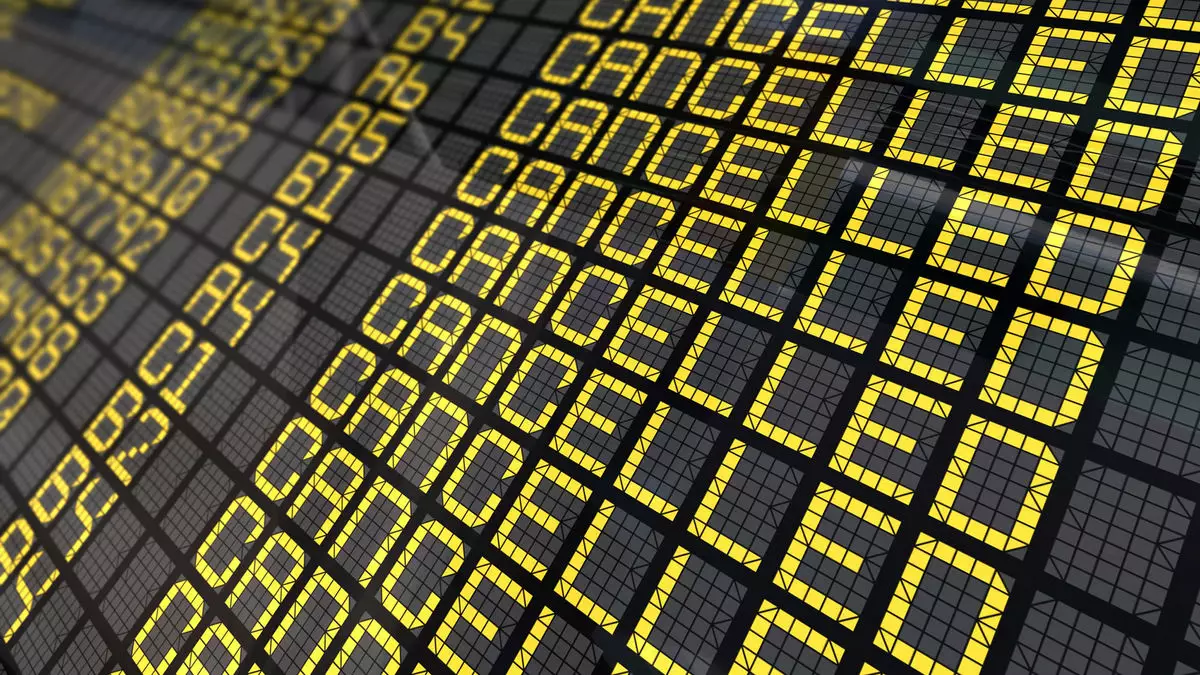On Friday, by 3:30 p.m. Eastern time, airlines had canceled nearly 2,500 flights in the U.S. due to a global technology outage. The outage, caused by a recent update undertaken by cybersecurity firm CrowdStrike, affected Microsoft Windows users. This led to a domino effect, impacting airlines worldwide, resulting in over 4,000 cancellations globally. It is evident that the airline industry heavily relies on technology for seamless operations, and any disruptions can have significant consequences.
The Atlanta airport, dominated by Delta, experienced the highest number of U.S. flight cancellations with nearly 300 flights affected, accounting for 24% of the Atlanta schedule on Friday. With more than 27,000 departures scheduled for the day across U.S. airports, around 8.8% were canceled. This showcases the widespread impact of the technology outage on a single day of operations.
Airlines like Delta, United, and American were forced to pause their operations overnight due to the technology disruption. Delta canceled the most flights with 836, amounting to 22% of its schedule. United and American also had significant cancellations. However, Southwest and Alaska were relatively unaffected, canceling only four flights each. This discrepancy reflects the varying degrees of preparedness and resilience among airlines in handling such crises.
In response to the disruptions, airlines such as United and Delta issued waivers for impacted travelers, allowing rebookings without change fees or fare differences. American waived change fees but did not mention waiving fare differences. The U.S. Department of Transportation emphasized that airlines must adhere to customer service commitments for flight disruptions caused by the technology outage. This underscores the importance of transparency and accountability in dealing with customer inconveniences.
The global technology outage serves as a wake-up call for the airline industry to invest in robust IT infrastructure and contingency plans. While unforeseen incidents can occur, proper preparation and swift response are crucial in minimizing the impact on travelers and maintaining trust. Airlines must prioritize digital resilience and adaptability to navigate the increasingly technology-dependent landscape of modern aviation.

